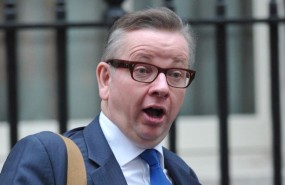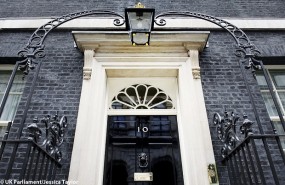Norway not convinced Britain could fit into EEA
Industry minister says Norewegian model is not right for the UK after Brexit
- Those in the EEA are less restricted by EU law but still subject to freedom of movement
- Iceland and Liechtenstein are also part of the European Economic Area which has access to the single market
The Norwegian minister for industry has said that the United Kingdom is unsuitable for the model of the Scandinavian country, where it is part of the greater European Economic Area but not the European Union.
Joining the EEA would be a way for Britain to retain access to the single market should it follow through with its referendum decision to leave the bloc.
However, the biggest state in a similar situation, Norway, has questioned the entry of Britain alongside the Scandinavian country with neighbour Iceland and Liechtenstein, as it could cause a shift in how their specialised agreement functions.
Joining the EEA would be a way for Britain to retain access to the single market
Concerns have been raised by the prime minister and the finance minister, and also by the leader of the Labour Party, the biggest group in opposition.
The move would provide some freedom from the Brussels bureaucracy so despised by Johnson, Gove, farage et al but much of EU law would still remain, including the free movement of people whose abolition was campaigned for by Brexiteers.
“Britain must first clarify its position,” Norwegian industry minsiter Monica Maeland said in an e-mailed answer to questions. “Then the EU must decide how they want to work with this and then we need to decide on our position. So it’s too early to decide on a possible expansion of EFTA.”
Norway has adopted about 75% of the EU’s laws
It's unclear whether this option would be suitable from either a Leave or Remain standpoint, as much of the political situation in the UK is in a mess at the moment as both major parties face leadership struggles.
Norway has adopted about 75 per cent of the EU’s laws, yet has little say in what those laws are. It also pays the bloc about €860 million (£717 million) a year for the privilege of accessing the internal market.

